Closing GCSE poverty gap will take ‘over a century’
In parts of the country, poor students are about two years behind the average
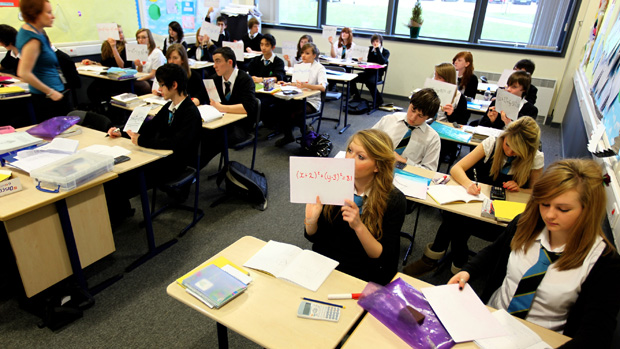
A free daily email with the biggest news stories of the day – and the best features from TheWeek.com
You are now subscribed
Your newsletter sign-up was successful
It will take at least a century for the poorest children in some parts of the UK to catch up with their GCSE classmates at current rates of progress, a new study has found.
According to the Education Policy Institute (EPI), class disadvantage has become “firmly entrenched” in some regions of the UK and attempts to close the gap have “slowed significantly”.
The report found that across the full range of GCSEs, children who receive the pupil premium - meaning they are from the poorest households - were 18.4 months behind their peers in terms of their average GCSE grade per subject. This has narrowed from a gap of 20 months in 2012.
The Week
Escape your echo chamber. Get the facts behind the news, plus analysis from multiple perspectives.

Sign up for The Week's Free Newsletters
From our morning news briefing to a weekly Good News Newsletter, get the best of The Week delivered directly to your inbox.
From our morning news briefing to a weekly Good News Newsletter, get the best of The Week delivered directly to your inbox.
But the EPI says the pace of improvement has slowed in recent years - and that poorer children are on course to close the gap only in 2117.
In parts of the country “the gap has widened, including the Isle of Wight, Luton, Greenwich and Dorset”, reports The Times. The greatest narrowing took place in Slough, Wokingham, Barking and Dagenham and Southend-on-Sea.
The findings are of “great concern”, Jo Hutchinson, director of social mobility and vulnerable learners at the EPI, told HuffPost. She said poorer students are “particularly reliant on access to support services - and will be disproportionately affected by the growing financial pressures in our schools”.
EPI executive chairman David Laws said the findings were unacceptable. “This detailed analysis shows that over the last few years progress in reducing the gap between disadvantaged pupils and other students appears to be stalling,” he said.
A free daily email with the biggest news stories of the day – and the best features from TheWeek.com
He added: “The only silver lining in this report is that disadvantaged pupils are switching over time to more academic subjects, without there being any negative impact on attainment gaps. This indicates that poorer students are capable of studying what are traditionally regarded as more challenging subjects.”
To tackle the situation, the report calls for “equal access to high quality nurseries and childcare”, says the BBC, as well as a stable, high-quality teaching work force and a new focus on pupil wellbeing.
It also calls for “early and sustained additional support for those who need it”.
-
 Political cartoons for February 20
Political cartoons for February 20Cartoons Friday’s political cartoons include just the ice, winter games, and more
-
 Sepsis ‘breakthrough’: the world’s first targeted treatment?
Sepsis ‘breakthrough’: the world’s first targeted treatment?The Explainer New drug could reverse effects of sepsis, rather than trying to treat infection with antibiotics
-
 James Van Der Beek obituary: fresh-faced Dawson’s Creek star
James Van Der Beek obituary: fresh-faced Dawson’s Creek starIn The Spotlight Van Der Beek fronted one of the most successful teen dramas of the 90s – but his Dawson fame proved a double-edged sword
-
 The Trump administration’s plans to dismantle the Department of Education
The Trump administration’s plans to dismantle the Department of EducationThe Explainer The president aims to fulfill his promise to get rid of the agency
-
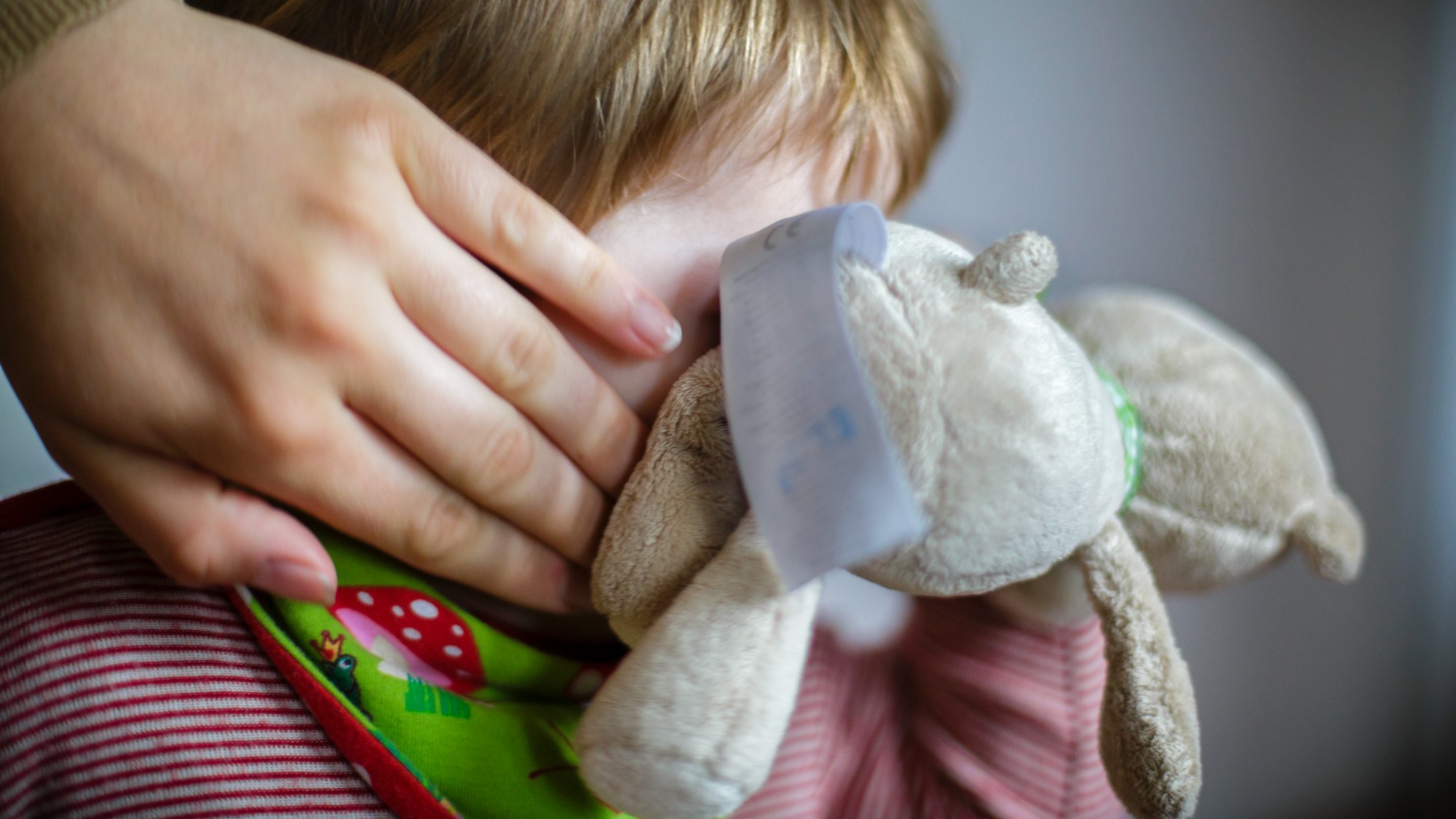 England’s ‘dysfunctional’ children’s care system
England’s ‘dysfunctional’ children’s care systemIn the Spotlight A new report reveals that protection of youngsters in care in England is failing in a profit-chasing sector
-
 The problem with homeschooling
The problem with homeschoolingIn the Spotlight The practice is barely tracked or regulated in the US and can easily conceal abuse
-
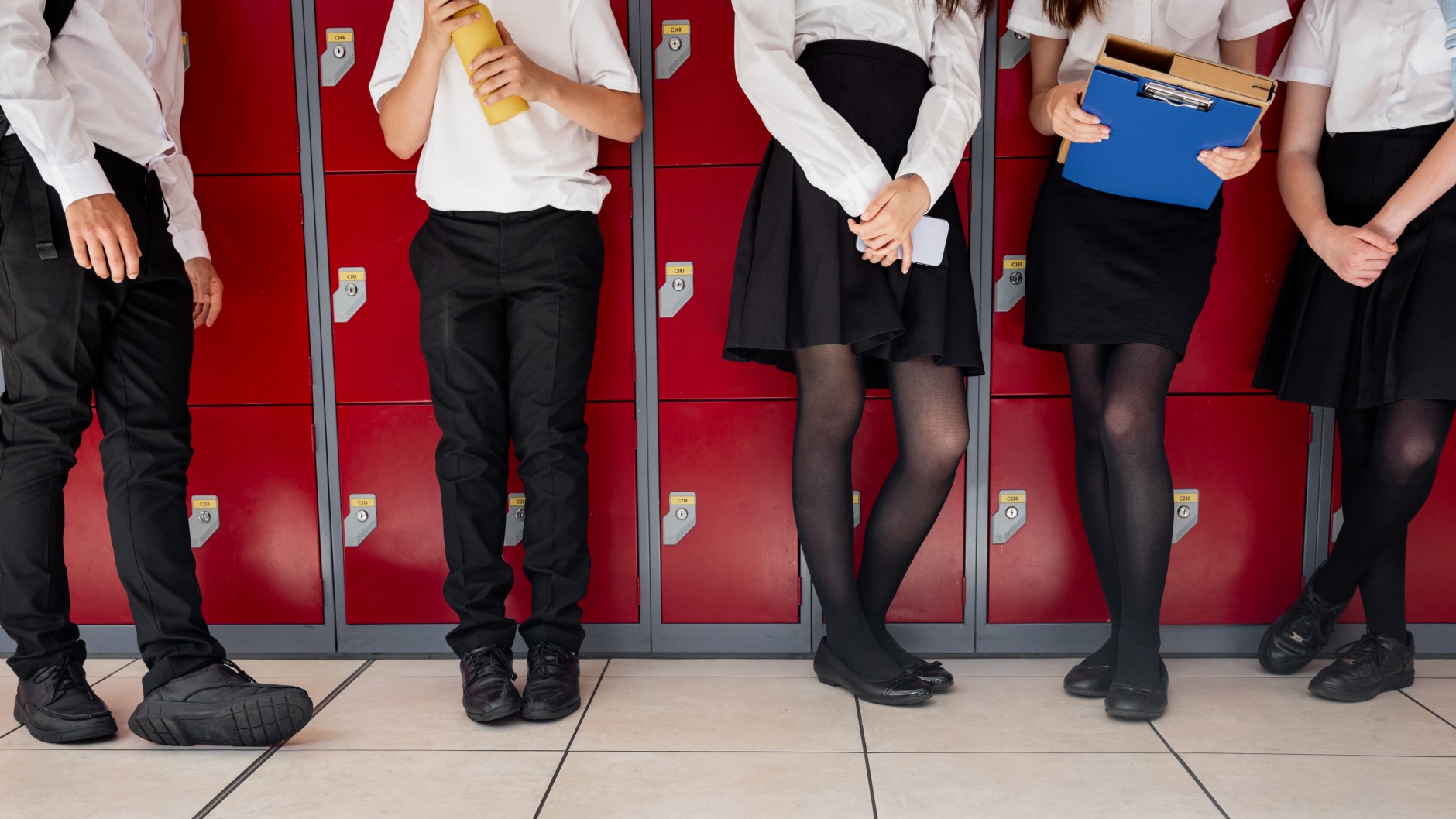 Pros and cons of school uniform
Pros and cons of school uniformPros and Cons Government plans to ease costs for parents with new rules on branded uniform
-
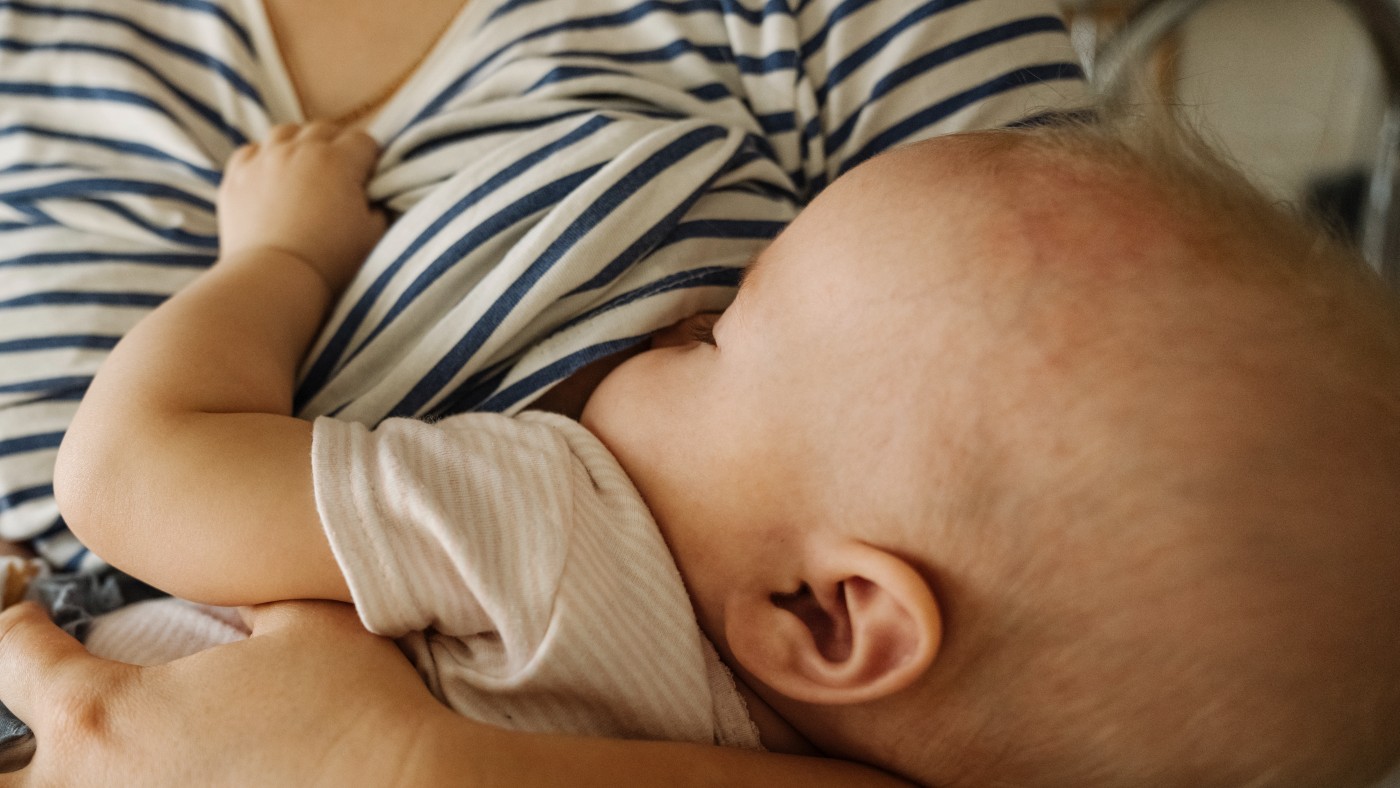 Breastfeeding for longer linked to better exam results
Breastfeeding for longer linked to better exam resultsSpeed Read New study suggests breast milk could help secure a child top grades in GCSEs
-
 The pros and cons of homework
The pros and cons of homeworkPros and Cons Should schoolwork be left at the school gate?
-
 The pros and cons of affirmative action
The pros and cons of affirmative actionPros and Cons Even before the Supreme Court struck it down, affirmative action was a highly divisive practice
-
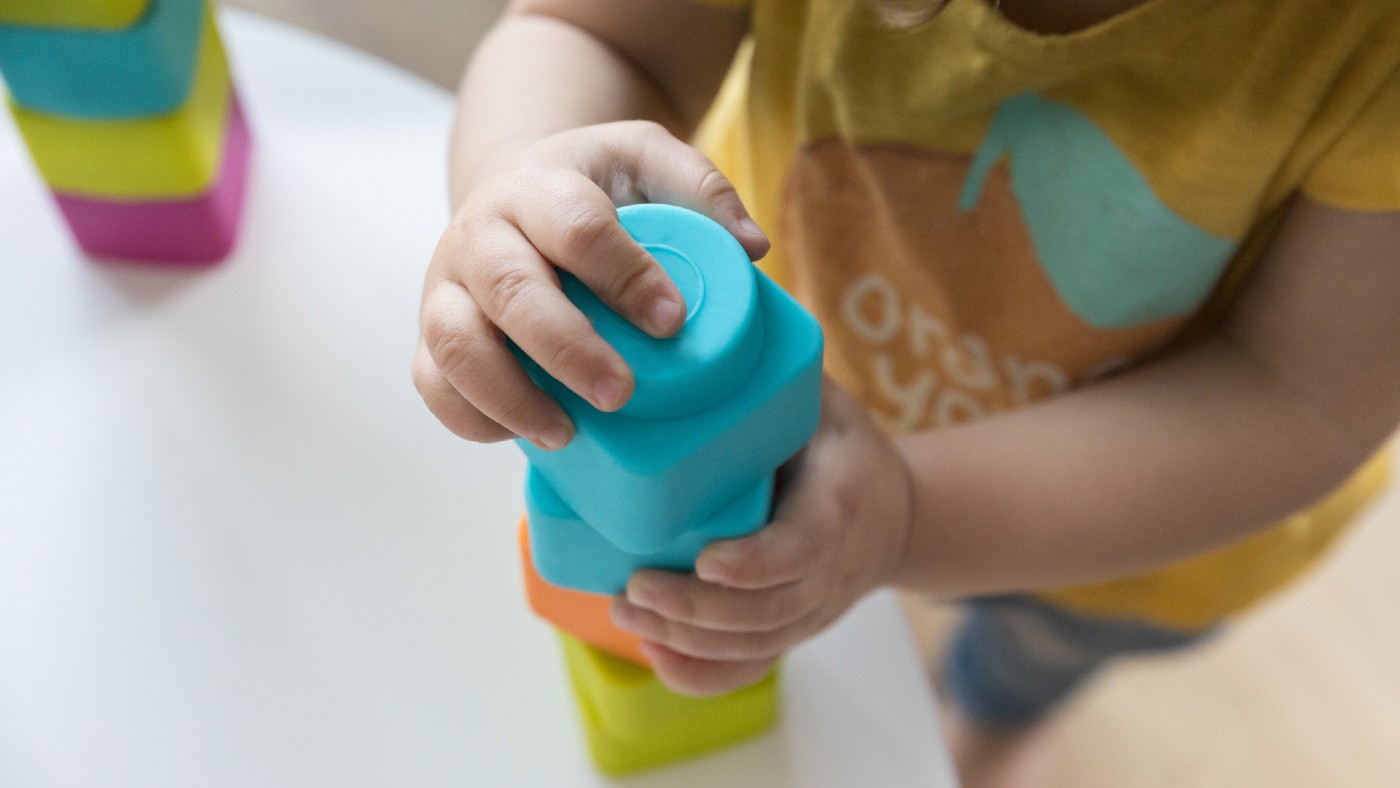 The options to fix Britain’s ‘broken’ childcare system
The options to fix Britain’s ‘broken’ childcare systemfeature Proposal to ease staff-to-child ratio in nurseries has been met with anger